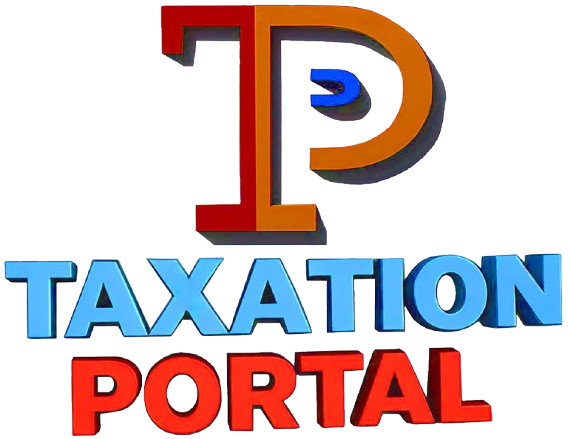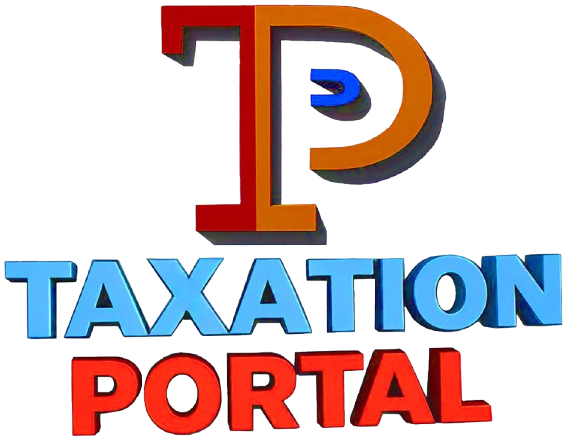
A Sole Proprietorship is the simplest form of business structure in India, owned and managed by a single individual. While it’s easy to set up with minimal formalities, it’s crucial for proprietors to be aware of and adhere to various compliance requirements to operate legally and avoid penalties. Unlike companies or LLPs, a proprietorship has no separate legal identity from its owner, meaning the owner’s personal and business liabilities are intertwined.
Income Tax Compliance
This is the most fundamental compliance for any sole proprietorship. The business income is treated as the proprietor’s personal income and is taxed under the individual income tax slab rates.
- PAN Card: The proprietor’s PAN (Permanent Account Number) is the primary identification for all tax-related matters of the business.
Income Tax Return (ITR) Filing:
Due Dates
- July 31st of the Assessment Year (if no tax audit is required).
- October 31st of the Assessment Year (if a tax audit is required).
ITR Forms
- ITR-3: For proprietors having income under the head ‘Profits or Gains of Business or Profession’ and who maintain proper books of accounts.
- ITR-4 (Sugam): For proprietors opting for the presumptive taxation scheme under Sections 44AD, 44ADA, or 44AE of the Income Tax Act, and whose total income is up to ₹50 lakhs. This scheme simplifies taxation by allowing businesses to declare income as a fixed percentage of turnover, reducing the burden of maintaining detailed books.
Advance Tax
If the estimated tax liability for the financial year exceeds ₹10,000, the proprietor must pay advance tax in four installments:
- 15% by June 15th
- 45% by September 15th
- 75% by December 15th
- 100% by March 15th
Tax Audit (Section 44AB)
A tax audit is mandatory if:
- For Businesses: Sales, turnover, or gross receipts exceed ₹1 crore in the financial year. This limit is increased to ₹10 crore if cash receipts and payments are limited to 5% of the total gross receipts/payments.
- For Professionals: Gross receipts exceed ₹50 lakhs in the financial year.
- If opting out of the presumptive taxation scheme (i.e., declaring lower profits than the prescribed percentage) when turnover exceeds the specified limits.
Books of Accounts
Even if a tax audit is not required, maintaining basic books of accounts (cash book, ledger, invoices, etc.) is generally mandatory if the turnover exceeds ₹25 lakhs or gross income exceeds ₹2.5 lakhs in any of the three preceding financial years.
GST Compliance (Goods and Services Tax)
GST registration and compliance are required if the business crosses certain turnover thresholds or engages in specific activities.
GST Registration:
Mandatory
- If the annual turnover of goods exceeds ₹40 lakhs (₹20 lakhs for special category states).
- If the annual turnover of services exceeds ₹20 lakhs (₹10 lakhs for special category states).
- If engaged in inter-state supply of goods or services (irrespective of turnover).
- If engaged in e-commerce sales (irrespective of turnover).
- If you are a casual taxable person or non-resident taxable person.
- If liable to deduct TDS under GST.
Voluntary
A proprietorship can opt for voluntary GST registration even if the turnover is below the threshold, to claim Input Tax Credit (ITC) or improve business credibility.
GST Return Filing
If registered under GST, regular returns must be filed:
- GSTR-1: Details of outward supplies (sales). Filed monthly or quarterly based on turnover.
- GSTR-3B: Summary return for tax payment and ITC claims. Filed monthly or quarterly.
- GSTR-9 (Annual Return): Mandatory for businesses with an aggregate annual turnover exceeding ₹2 crore.
- GST Invoicing: Issuing GST-compliant invoices with correct GSTIN, HSN/SAC codes, and tax breakdowns.
- E-Invoicing: Mandatory for businesses with turnover exceeding a certain threshold (currently ₹5 crore for B2B transactions).
- E-Way Bill: Required for transporting goods exceeding ₹50,000 in value, within or across state borders.
TDS (Tax Deducted at Source) Compliance
If the proprietorship makes certain payments above specified thresholds, it may be required to deduct TDS.
- TAN (Tax Deduction and Collection Account Number): Mandatory for deducting and depositing TDS.
TDS Deduction
Deduct tax at source from payments such as:
- Salaries (if exceeding taxable limit).
- Rent payments (if exceeding ₹2.4 lakh per annum for property, or ₹50,000 per month for individuals/HUFs not subject to tax audit, under Section 194-IB).
- Professional fees, commission, brokerage, interest, etc. (if exceeding prescribed limits).
TDS Deposit
Deposit the deducted TDS with the government by the 7th of the following month (30th April for March deductions).
TDS Return Filing
File quarterly TDS returns (Form 24Q for salary, Form 26Q for other payments to residents, Form 27Q for payments to non-residents).
TDS Certificates
Issue TDS certificates (Form 16/16A) to deductees.
Professional Tax Compliance (State-Specific)
Applicability
Levied by certain state governments (e.g., Maharashtra, Karnataka, West Bengal) on the income of salaried employees and professionals/self-employed individuals.
Registration
If applicable in your state, the proprietor may need to register for Professional Tax.
Payment & Returns
- For Employees: If you have employees, you’ll need to deduct PT from their salaries and remit it to the state government, filing periodic returns (monthly, quarterly, or annually depending on the state and number of employees).
- For Proprietor (Self-Employed): You might have to pay Professional Tax on your own income and file returns, even if you don’t have employees.
- Varies by State: Rules, rates, and due dates are specific to each state.
Labor Law Compliance (If you have Employees)
If the proprietorship employs staff, various labor laws become applicable.
Shops and Establishments Act (State-Specific)
- Registration: Mandatory for all commercial establishments and shops, even if operated from home in some states. Governs working hours, holidays, leave, wages, etc.
- Varies by State: Rules differ significantly across states.
Provident Fund (EPF) Compliance
- Applicability: Mandatory if the establishment employs 20 or more persons. Even if fewer, voluntary registration is possible.
- Registration: With EPFO.
- Contributions: Monthly deductions from employee’s salary and employer’s matching contribution.
- ECR Filing: Monthly Electronic Challan cum Return (ECR) filing by the 15th of the following month.
- Annual Returns: Other forms like Form 5, Form 10, Form 3A, and Form 6A may be required annually.
Employees’ State Insurance (ESI) Compliance
- Applicability: Mandatory if the establishment employs 10 or more persons (in most states) and the employee’s wage is up to ₹21,000 per month (₹25,000 for persons with disabilities).
- Registration: With ESIC.
- Contributions: Monthly deductions from employee’s salary and employer’s contribution.
- Payment: By the 15th of the following month.
- Half-Yearly Return: Half-yearly return filing (Return of Contributions – RC) by May 12th (for Oct-Mar period) and Nov 11th (for Apr-Sep period).
- Payment of Wages Act, Minimum Wages Act, Payment of Gratuity Act, Maternity Benefit Act, POSH Act (Sexual Harassment): These acts may also apply depending on the number of employees and nature of the business.
Business-Specific Licenses and Registrations
Compliance here depends entirely on the nature of your business.
FSSAI License/Registration
Mandatory for any business involved in manufacturing, processing, storing, distributing, or selling food products.
- Registration (Basic): For small FBOs (turnover < ₹12 lakhs).
- License (State/Central): For larger FBOs.
- Annual/Half-yearly Returns: Mandatory for licensed FBOs (Form D1, D2).
- Renewal: Periodic renewal (1 to 5 years).
Import Export Code (IEC)
Mandatory for businesses engaged in import or export activities.
Drug License
For businesses dealing with pharmaceutical products.
Trade License
Issued by local municipal authorities for specific trade activities.
Udyam (MSME) Registration
Optional but highly recommended. It provides benefits like access to government schemes, subsidies, and priority sector lending for Micro, Small, and Medium Enterprises. It needs to be updated periodically.
Accounting and Record Keeping
- Maintain proper books of accounts, invoices, expense records, bank statements, and other financial documents. This is crucial for tax filings, audits, and overall business management.
- Keeping records for at least 6-8 years is advisable for tax purposes.
Consequences of Non-Compliance
Non-compliance can lead to:
- Hefty fines and penalties.
- Interest charges on delayed payments.
- Legal prosecution.
- Suspension or cancellation of licenses.
- Damage to business reputation.
We can help you these compliance a sole proprietorship can operate smoothly, avoid legal troubles, and focus on growth.

